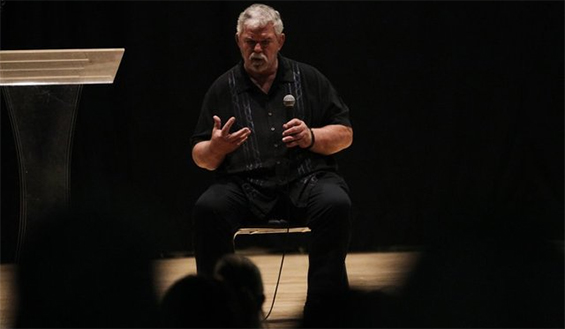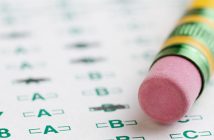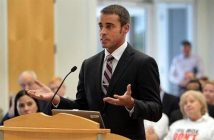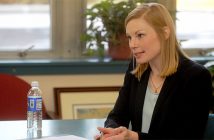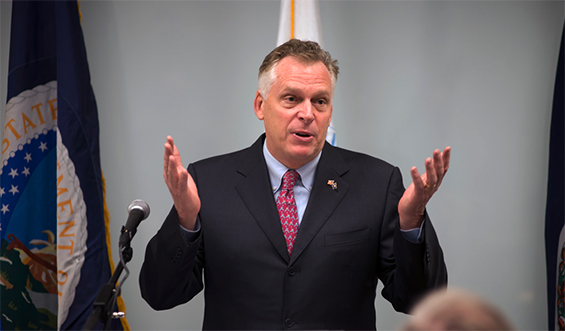 “At its core, the legislation undercuts local school boards’ constitutional authority to assign students to schools,” he wrote of the legislation allowing students to move out of troubled schools.
“At its core, the legislation undercuts local school boards’ constitutional authority to assign students to schools,” he wrote of the legislation allowing students to move out of troubled schools.
HB 389, the school choice bill, would have offered parents an education savings account with access to as much as 90% of the per-pupil Standards of Quality funding that goes to public school districts. Under the bill, parents would have been able to use the funding to pay for private schooling or home schooling costs, writes Louis Llovio for The Richmond Times-Dispatch.
While Republican legislators said the bill was part of their efforts to promote choice and opportunity in education, the Democrats argued that it would take resources away from public schools.
When McAuliffe vetoed the bill, he discussed constitutional concerns over the legislation, saying that it included tuition “at private sectarian institutions.” He said that this was a violation of the state constitution, as it only allows public money to be put toward public and nonsectarian private schools. In addition, he said that the bill would take resources away from public schools while not lowering operating costs at local schools.
“This bill raises constitutional questions, diverts funds from public schools, and creates an unfair system,” McAuliffe wrote. “Our goal is to support and improve public education across the commonwealth for all students, not to codify inequality.”
HB 518, which would have required the Virginia Board of Education to identify 12 schools that need “comprehensive support and improvement” and offer students there the ability to transfer to other schools in the district, was also vetoed. McAuliffe noted the large cost associated with previous efforts to allow students to transfer, without showing any positive outcomes on student achievement.
Also vetoed was HB 8, which would have allowed for the creation of the Board of the Virginia Virtual School, who would have been in charge of overseeing up to 5,000 students between grades K-12 at a virtual school in the state.
Despite his veto of HB 8, McAuliffe did request that Steven Staples, the superintendent of public instruction with the Virginia Department of Education, create a working group to study virtual learning. He asked that “the advocates for and patrons of HB 8″ be included in the working group.
McAuliffe also vetoed a separate bill that would have required schools to warn parents if their children were assigned to read any books that contained sexually explicit materials. The governor said the bill was not necessary because the state Board of Education is already looking into a similar policy. He said that it did not have enough flexibility with regards to labeling literary works, reports Alanna Durkin Richer for CNS News.

